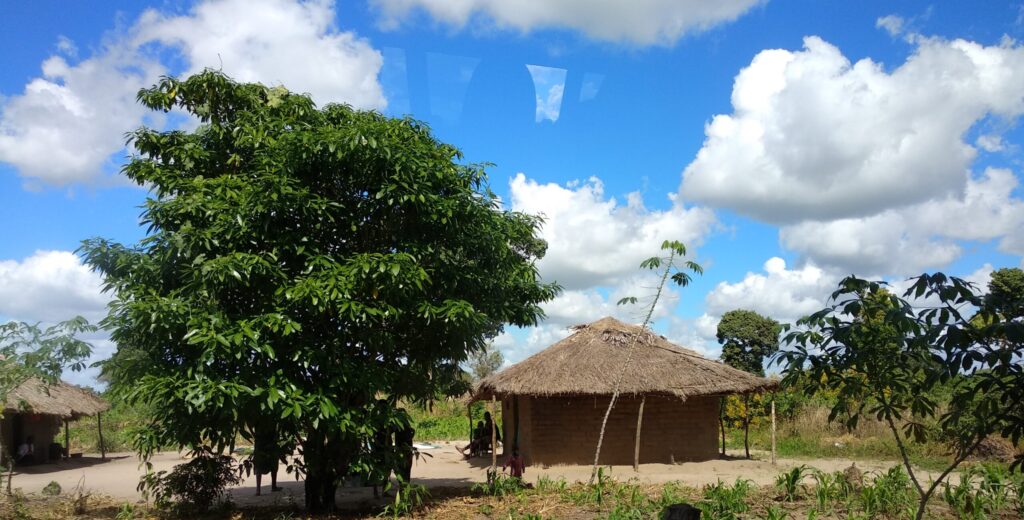Nércio Machele, Communications Officer at Centro de Investigação em Saúde de Manhiça (CISM) discusses the importance of social science in health research with Felisbela Materrula, BOHEMIA’s Coordinator of the social component and Researcher in Health Sociology and Medical Anthropology, in the area of Population Studies at CISM.

Residents of Mopeia district attending the launch of the BOHEMIA mass drug administration trial (Photo: Nércio Machele, CISM)
“What led me to pursue social sciences was my love of working with people. In this area of research, you are bound to work with social, cultural, political and religious diversity, so there is always an interaction between the study participants and the research tasks. But also, in social sciences, there is always a desire to seek solutions for issues embedded in social contexts”, says Felizbela Materrula.
Improving health conditions and changing behaviours
Materrula explains that implementing socio-behavioural studies in communities can bring positive impacts, as it can promote improvements of health conditions, and help change behaviours. “For example, in the BOHEMIA project, in addition to inviting community members to join the campaigns, we also sensitize them to follow other malaria prevention methods, including the correct use of mosquito bed nets and indoor spraying among others.” Beyond malaria, the team is deeply involved in addressing other ongoing public health problems that affect the population. During the COVID-19 pandemic, Materrula and her colleagues swiftly supported the health authorities to raise awareness about and implement precaution measures to prevent COVID-19 in the community.
Situating health projects in cultural contexts

Socio-behavioural studies play a critical role in situating health projects within cultural contexts. “One such instance was at the ‘Lua-Lua’ neighborhood, in Mopeia district. The residents of this hamlet were greatly influenced by well-known singer, Irmão Mbalua, who released a song about how COVID-19 vaccination marks people with the “sign of the beast”. This led to many people in the community becoming skeptical about all health interventions during the pandemic and refusing to participate in the malaria trial,” recalls Materrula. “Moreover, the residents also assumed that we were carriers of the SARS-CoV-2 virus because we were wearing masks.”
However, BOHEMIA’s social science team was able to tackle these challenges by working alongside the residents, community leaders, and the health authorities. This collaborative process helped raise awareness and gain trust from the community. The myths about the “sign of the beast” and COVID-19 vaccines were dispelled and the BOHEMIA fieldworkers could go about the trial activities as planned.
Building trust and engaging the community
“It is not easy for a health research team to suddenly show up and implement a mass drug administration trial. Conditions must be first created so that the community understands the purpose of the study and gives its consent. To avoid misunderstandings and generate acceptance, one must first establish a relationship of trust with the community, gather their thoughts about the initiative, and their cultural, religious and/or political perceptions. Based on the insights from this process, we must design an information-sharing process to familiarise the community about the objectives of the study and its related activities. This is only possible through the implementation of socio-behavioural studies done by social science teams,” concludes the researcher.

Felisbela Materrula is from Maputo, and she had a master’s degree in urban sociology from the Brasilia University (UnB), in Brazil. She currently leads a team of five social research assistants in Mopeia district for the BOHEMIA project.






